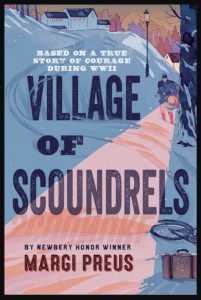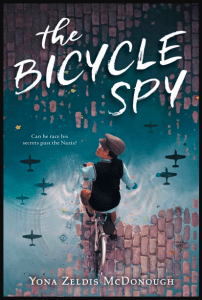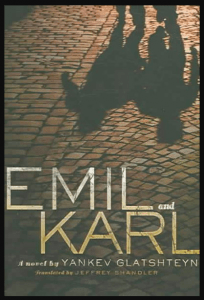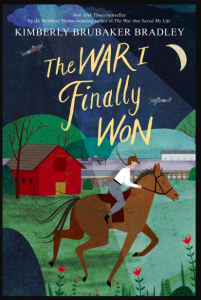Hesse, Monica. They Went Left. New York: Little, Brown and Company, 2020.
After surviving the horrors of being locked up in a concentration camp, eighteen-year-old Zofia travels back to her home in Poland in 1945 with the help of a Russian soldier. She hopes to be reunited with her younger brother, but he isn’t there. So she sets off in the middle of the night to search for him, determined not to give up until she finds him. It is in a displaced-persons camp in Germany where she finally discovers the truth.
A young adult novel about love and loss and learning to live with memories, this novel is most highly recommended for mature readers 13 years old and up.
(Note: due to the sexual references, some parents and private schools may prefer to reserve this book for older readers.)




